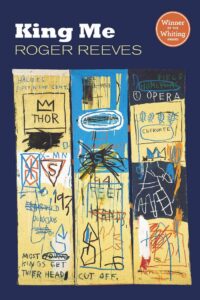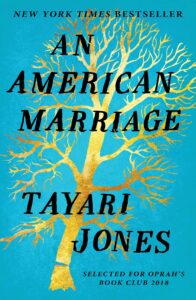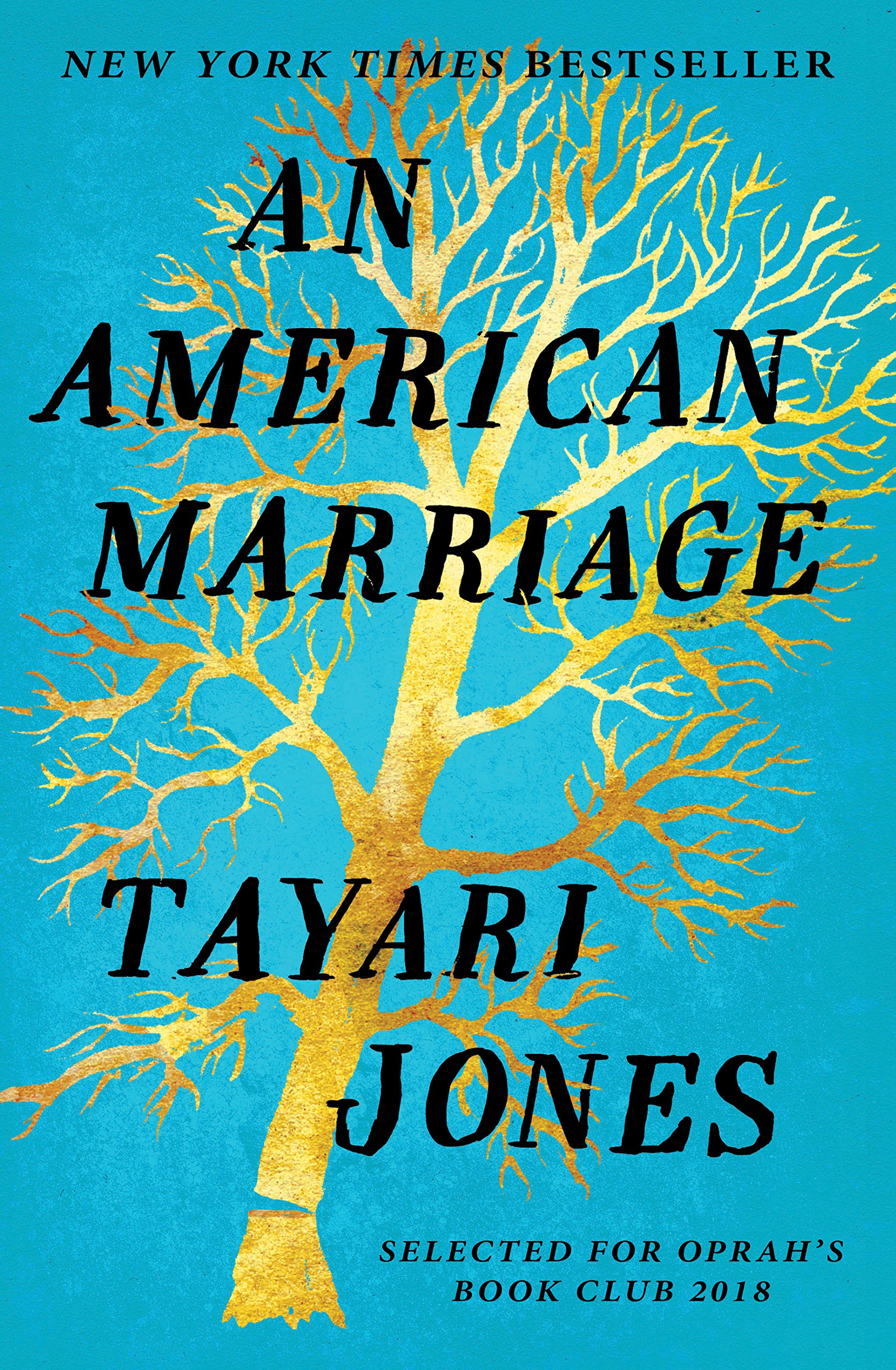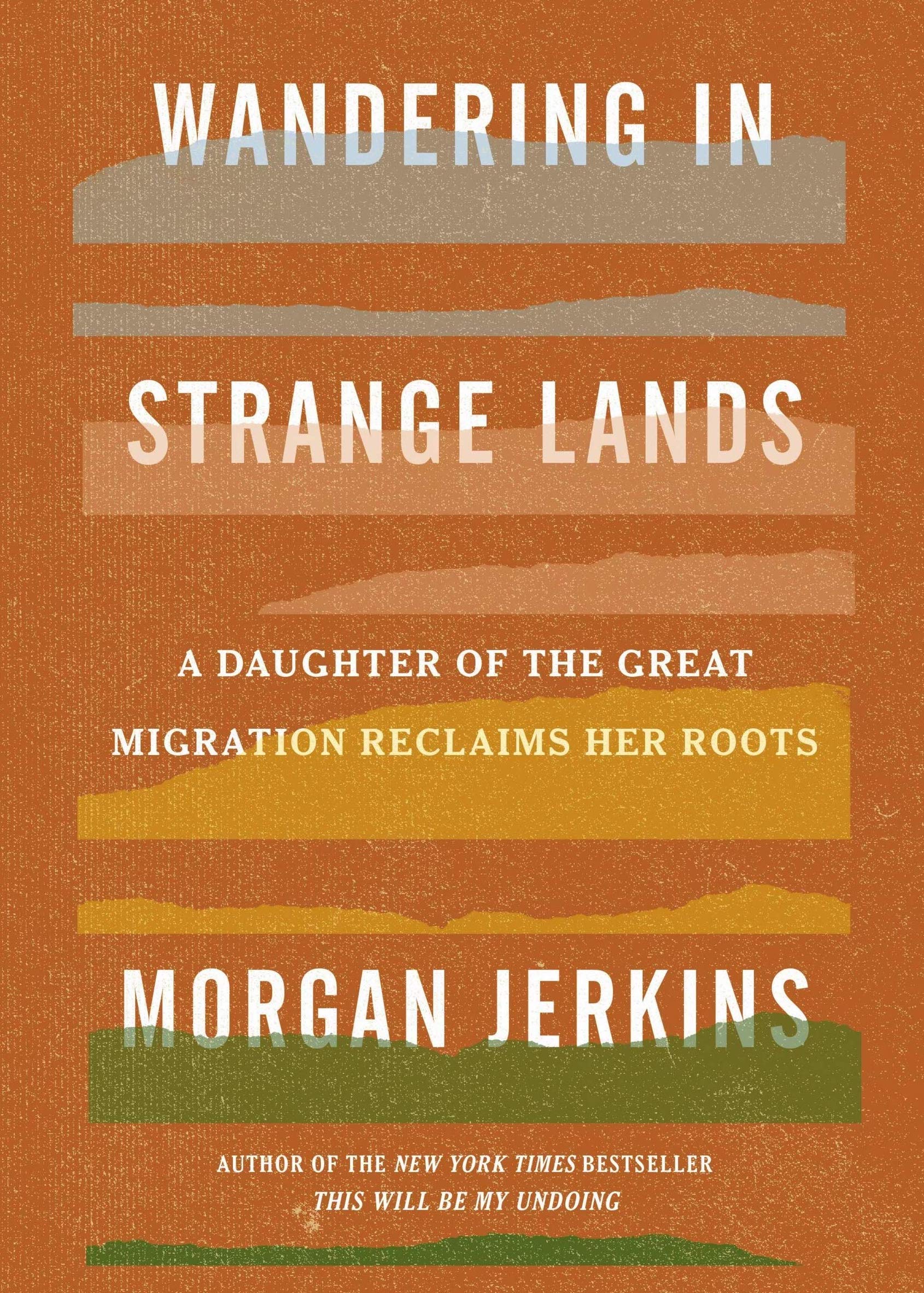This is the first in a series of features highlighting the Black writers our editors and staff have been reading. To read The Common’s statement in support of the nationwide protests against anti-Black racism, white supremacy, and police brutality, click here.
Recommendations: water & power by Steven Dunn, King Me by Roger Reeves, and An American Marriage by Tayari Jones

water & power by Steven Dunn
Recommended by Elly Hong, Thomas E. Wood ’61 Fellow
The cover of water & power calls it a novel. Both author Steven Dunn and the book’s narrator describe it as a “fictional ethnography,” and this broader term is perhaps a more fitting description of a book that defies classification. Most of water & power resembles a novella in flash, written in prose that comes in bursts no longer than a page. Yet there are also moments of poetry, as well as photographs, found documents, and collages. The book’s dynamic structure was immediately striking, and both its form and its content continued to stun me as I read.
The very first section of the book, “Chapter Q & Some A,” contains the following declaration: “I am interested in the submersion of individuals within the military. I am also interested in the breach.” water & power is about the Navy, but rather than hone in on the perspective of a single soldier, it includes the voices of many. What unites these voices is that they’re marginalized. Some delve into the specific experiences of Black, female, or queer sailors, and others depict the broader process of realizing they are cogs in an unstoppable machine. The stories told range from walking in on a fellow sailor slitting his wrists to seeking escapism in the streets of Japan to working at a museum that displays the taxidermied corpses of slain soldiers. Despite this variation in content, the book feels cohesive due to its consistently raw tone. It builds and builds, until climaxing in an ending that is both fitting and uniquely moving.
Much of the book’s power arises from how it lays violence bare. Gore is accompanied by little reflection, if any, which replicates the experience of being so shocked you can barely process what’s happening, or even react. The book moves on to the next section before giving you time to do either. This approach allows Dunn to go beyond both glorifying brutality and moralizing against it. Rather than reducing violence to pornography or something explained away in a sermon, he provides an honest, visceral glimpse into the experience itself.
But Dunn knows better than to pretend that these experiences can be more than second hand. The narrator’s humility is clear from the opening pages of the book, where his subjects insist no one could understand their experiences without having served in the military themselves. He says,
“I don’t claim to understand.
I sat in the swirl with spread fingers and gathered the filaments.”

King Me by Roger Reeves
Recommended by Sofia Belimova, Editorial Assistant
King Me, Roger Reeves’ debut collection of poems, generates a netting between people and objects through time and space, thus illuminating the pain and loveliness of being part of American history.
Many of the poems in this book appear to work through, analyze, challenge, and deconstruct the work of previous authors: Mikhail Bulgakov, Walt Whitman, Frank O’Hara, and others. My favorite among these is “Romanticism (the Blue Keats).” Reeves writes:
…The midsummer
Lurching towards the late-summer heat that will kill
The sage and tomato plants tanning on the veranda.
I want the water and the leg my uncle lost coming from the well.
Rather than appealing to the grandeur of nature that’s native to the Romantic era, Reeves reimagines a different kind of nature: one that is charged with action, intent, drive. Fueled by unexpected but ubiquitous acts of violence, this natural world starts to resemble the human world around us.
A harrowing and unforgettable poem, “The Mare of Money,” is dedicated to Emmett Till, a 14-year-old black boy who was lynched when a white woman falsely accused him of assault. In this poem, a dead horse listens to
…the men’s boots break
the water when they drop a black boy’s body
near her head, then pick him up
only to let him fall—again,
there: bent and eye-to-eye with her
as though decaying is something
that requires a witness.
The excerpt above is part of a single, long sentence and there is no other punctuation except for em-dashes and commas, which precludes us from stopping to process this imagery. Its suffocating continuity and unending pile-up of violent acts resonates in the time of Black Lives Matter, as we are called to meditate on the way we become desensitized to and stop caring about the deaths of Black people at the hand of white supremacy. By reading a poem about lynching, we are also reminded that our justice system is pervasively racist.

An American Marriage by Tayari Jones
Recommended by Whitney Bruno, Editorial Assistant
Celestial and Roy are two young, Black, educated hopefuls on the brink of starting a new life for themselves. Riding off the highs and lows of typical newlywed strife, what remains of their burgeoning relationship changes forever when, on a road trip back from a visit to their in-laws, Roy is abruptly arrested and sent to prison for a crime he did not commit. What follows is the story of the dissolution of their marriage, told through letters Celestial and Roy exchange during Roy’s incarceration.
While stories that relay the dissolution of a relationship are far from new, in An American Marriage this narrative trope plays out against the backdrop of the United States prison-industrial complex, racial politics, and the intricate, psychological intersections of race and gender. Intersectionality, in fact, is a major tenet of the novel: seeing how Celestial crumples under the weight of the expectations that Black women are burdened with while trying to balance a career and some semblance of a normal life. Roy’s journey, meanwhile, is partly a story of tragedy at the hands of the failing United States justice system, and partly a story about the trappings of toxic masculinity; Jones wants the reader to understand that Black toxic masculinity manifests in complex ways, and is a social ill borne out of racial generational trauma. Jones’s distinct manner of infusing her prose with the personalities of each of the characters she inhabits means that she not only is able to effortlessly incorporate all of these interrelated themes, but also raise questions about them that will undoubtedly haunt the reader for long after they move on from the novel.
Of all the many things I connected with in this novel, what struck me the most deeply was how clearly it managed to demonstrate the transformative and destructive effects of the United States prison system—and, by extension, systemic racism as a whole—on the Black psyche. Being forced into Roy’s shoes as he is psychologically beaten down by a system he stands no chance against makes for a harrowing narrative experience. On a personal level, Roy’s transformation is especially gut-wrenching because his characterization at the beginning of the novel—his starting point as a silly, quick-witted, but sincere man who is not but a little full of himself—rings so true to family members and friends I know in real life.
In this way, the novel succeeds at being an effective and intriguing character study; both of the novel’s protagonists are almost painfully complex. By the end of the novel, I recognized how and why they had each transformed: Roy, from an innocent and generally good-natured man to a figure who’s consumed by his rage; and Celestial, who’s moved even further into her own independence in Roy’s absence, and yet still feels bound to societal expectations that she must reluctantly find a way to “fix” her ex-husband’s unrelenting trauma. I understood Jones’s demonstration of how systemic racism clouds the very lens through which Black people view the world; understood how each of the novel’s tragic protagonists were torn apart by both gender and racial expectations in intricate ways; understood that, above all, Jones wrote this novel to target an intangible system we do not yet know how to reform: “Someone was going to pay for what happened to Roy,” a character remarks near the end of the novel. “Someone always pays. Bullet don’t have nobody’s name on it, that’s what people say.”




